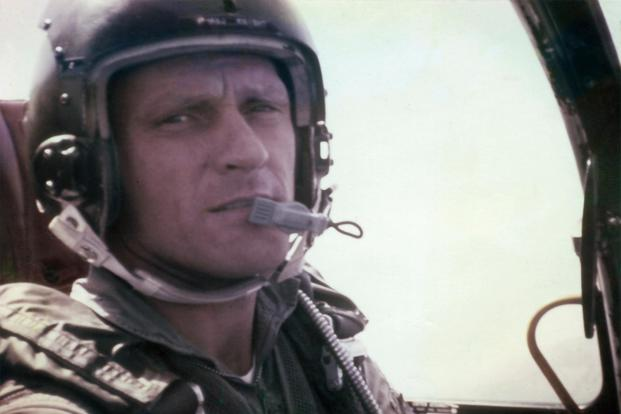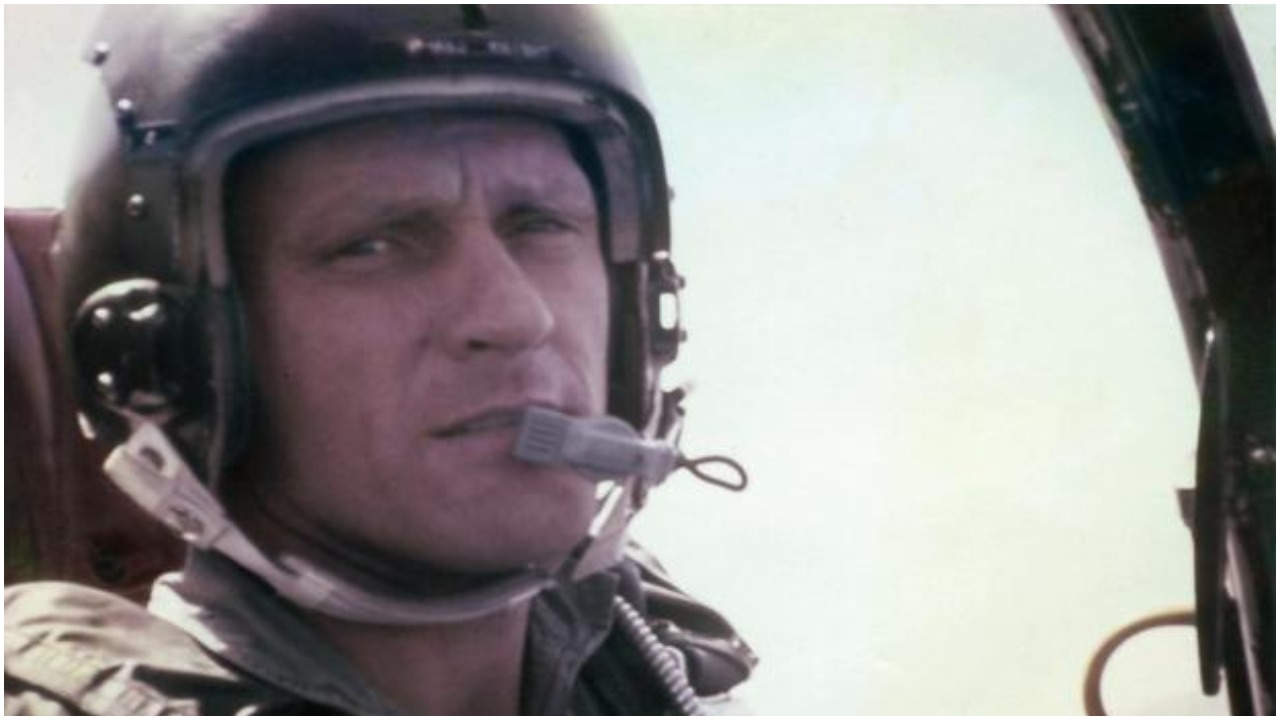It seems that the American people can agree on almost nothing these days. Almost. There is one topic on which they all agree, and that is that people and government must move heaven and earth, if necessary, to get home the remains of any soldier who fought in its wars, whether that be World War II, Korea, or Vietnam
On that score, Americans are largely united in their wish to see men who fought buried where they should be, where family and friends and others with whom they served can go to pay their respects.

That’s what happened recently for Air Force Colonel Roy Knight, whose remains were at long last flown back to Dallas, Texas during the first week of August. Knight had, at long last, been identified by the United States Department of Defence (DOD) Prisoners of War (POW) and Missing In Action (MIA) Accounting Agency in February, 2019.
He was only 36 years old when he died, but had already received a Purple Heart and a Silver Star for his service. When his plane touched down, a journalist from Canada, Jackson Proskow, happened to be at the airport.
I’ve written a little more about this remarkable, beautiful day. https://t.co/JqIM2DSUPK
— Jackson Proskow (@JProskowGlobal) August 8, 2019
He was travelling to Washington, D.C., where he is bureau chief for Global News, and he heard an announcement over the speakers at Dallas Love Field Airport about Knight’s return. He decided to go public with the event on his Twitter feed, and captured the landing in real time.
“As we wait at the gate,” Proskow said, “we’re told that (Colonel) Knight is coming home to Dallas.” Folks at the airport stood quietly in honour of the fallen soldier.
Knight was shot down while on a mission over the Ho Chi Min Trail in late May 1967. Initially, he was listed MIA, but in 1974 the Air Force acknowledged that he was, in all probability, killed in action (KIA).
According to Proscow’s feed, the entire, busy airport came to a halt to pay tribute and honour the colonel. “When he (Knight) left from this very airport to go fight in Vietnam, his five-year-old son came to the airfield to wave goodbye.
It was the last time he would see his father alive.” In a profound symmetry, Knight’s son is the very pilot who flew Knight’s remains home to their final, and proper, resting place.
Proskow said on Twitter that airport staff lined up on the tarmac to give Knight a hero’s welcome, and civilians crowded at the windows to watch the procession. Knight’s coffin, draped in an American flag, was brought off the plane by U.S. soldiers, all dressed in uniform. “Incredible moment to watch,” Proskow said. “The entire airport fell silent.”
Knight first served as an instructor pilot, then got orders to go to Vietnam to serve. He fought with the 602nd Fighter Squadron out of Udorn Royal Thai Air Force Base beginning in January 1967. Four months later, his plane was shot down.
— Jackson Proskow (@JProskowGlobal) August 8, 2019
The U.S. military has never stopped seeking its MIA, POWs, and KIA soldiers, and has worked tirelessly to bring home remains whenever possible.
After the Paris Peace Accord was signed off on in 1973, 591 POWs were returned home immediately. But according to U.S. DOD figures, as of January 2019, 1,558 military and civilian personnel are still listed as missing.
That statistic is a grim reminder of the American involvement in a war that was deeply unpopular with the country’s citizens almost from the outset. Protests were rampant in every major city, and three presidents – Kennedy, Johnson and Nixon – were beleaguered by the problems caused by U.S. involvement in the conflict.
But once in a while, like on the occasion of Colonel Knight’s homecoming, the nation stands together and puts aside its problems, differences and concerns, to welcome home a man who gave his life for his country.
Another Article From Us: Searchers Find Lost Bow of WWII Submarine Near Aleutian Islands
